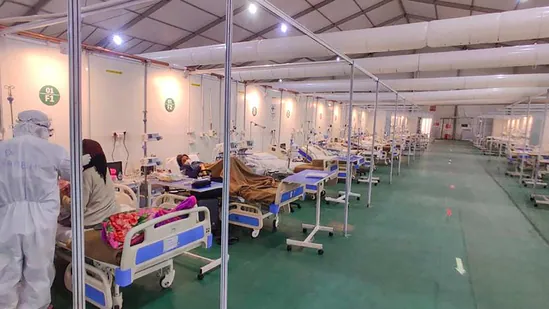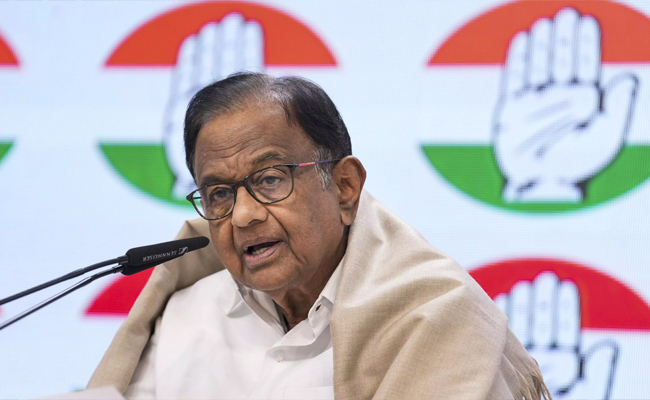Bengaluru, Sep 18: Karnataka on Sunday reported 306 fresh COVID-19 cases and two deaths, taking the cumulative infections and fatalities to 40,61,463 and 40,234 respectively so far, said the Health Department.
The day also saw 293 people being discharged, taking the total number of recoveries to 40,17,441, according to a bulletin.
Active cases stood at 3,746, the bulletin said.
Bengaluru Urban accounted for the maximum number of 145 cases.
Other districts, too, reported infections, including 28 in Mysuru, 25 in Shivamogga, 15 in Ramanagara, 14 each in Dakshina Kannada and Belagavi, and 11 in Chikkamagaluru.
The two deaths occurred in Shivamogga and Tumakuru, the bulletin said.
Bagalkote, Bidar, Davangere, Gadag, Kodagu and Yadgir reported zero infection and nil death.
A total of 20,255 samples were tested, they include 15,401 using RT-PCR methods, taking the cumulative number of specimens examined to 6.89 crore, it said.
The number of those vaccinated rose to 11.94 crore, with 2, 127 people being inoculated today, it added.
To view today's health bulletin: CLICK HERE
Let the Truth be known. If you read VB and like VB, please be a VB Supporter and Help us deliver the Truth to one and all.
Abu Dhabi (PTI): Kolkata Knight Riders splurged a record-breaking Rs 25.20 to land top Australian all-rounder Cameron Green even as Indian stars Prithvi Shaw and Sarfaraz Khan went unsold in the Indian Premier League players' auction here on Tuesday.
Green surpassed compatriot Mitchell Starc (Rs 24.75 crore) to become the most expensive overseas player at an IPL auction. This was after Kolkata Knight Riders and Chennai Super Kings were involved in an intense bidding war for him before the latter emerged winner.
KKR also went after Venkatesh Iyer before pulling out of the race against Royal Challengers Bengaluru, who fetched the services of the India all-rounder for Rs 7 crore.
As far as Green is concerned, his salary for the season would still be Rs 18 crore (USD 1.9 million) as the rest of the amount will go towards the BCCI's player development programme as per the rules of the auction for foreign players.
Green, who previously turned up for Mumbai Indians and Royal Challengers Bengaluru, has so far played 29 matches in the IPL to aggregate 707 runs and take 16 wickets.
Shaw, however, went unsold despite his fine run of form in the domestic circuit lately, and so was the case with Sarfaraz, who smashed a 22-ball 73 in a Syed Mushtaq Ali Trophy match for Mumbai on Tuesday.
Big-hitting South African batter David Miller was bought by Delhi Capitals for his base price of Rs 2 crore, but New Zealand swashbuckler Devon Conway, whose base price was also Rs 2 crore, went unsold in the auction.
Seasoned South African opener Quinton de Kock returned to his old base Mumbai Indians for a base price of Rs 1 crore.
A total of 359 players -- 246 Indians and 113 overseas players -- are part of the mini auction pool with the 10 franchises bidding to fill up a maximum of 77 slots, including 31 reserved for foreign players.





